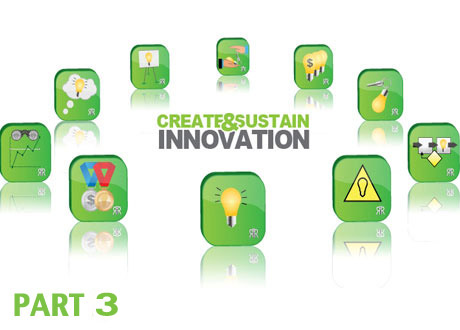Anything relating to basic project management, including the triangle of constraints (scope, budget, time)
Overcoming Opportunity Blindness and Path Dependence: How To Think Your Way to Multiple Futures
In the age of permanent uncertainty there is a resurgent interest in scenario planning. Executives that have witnessed high profile decline of strong companies know that past success is no guaranteed guide to the future. Kevin McDermott & Peter Kennedy argue that scenario planning can be lifted out of its conventional uses in strategy development and risk management and used instead to avoid “opportunity blindness”.






